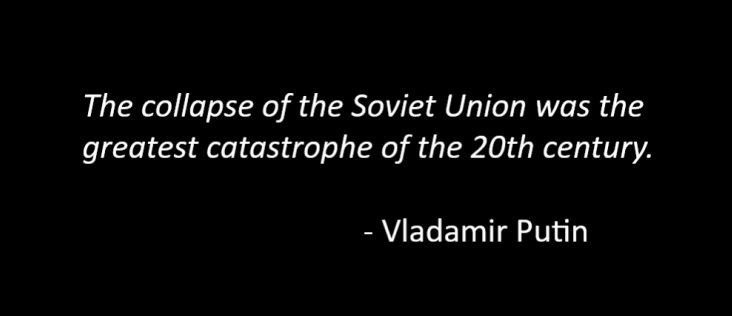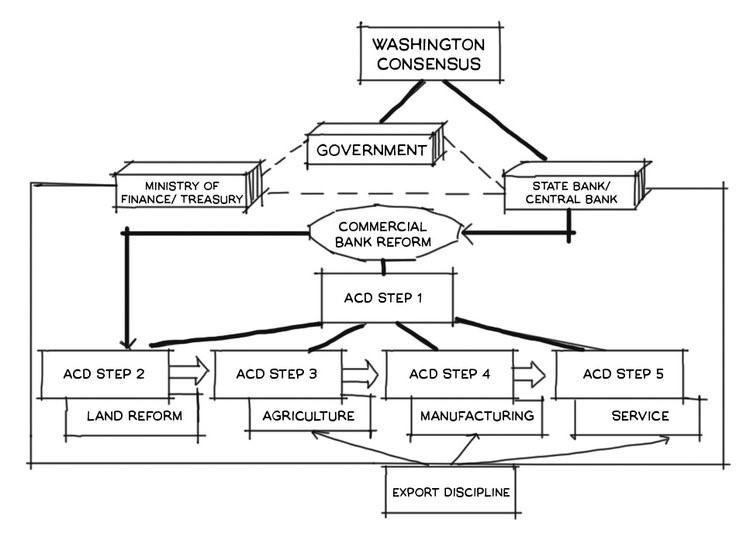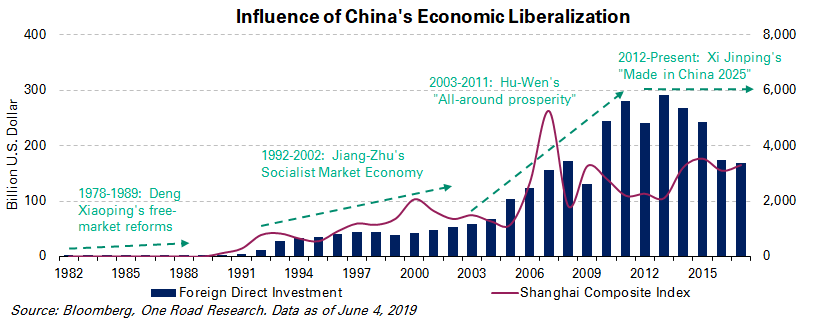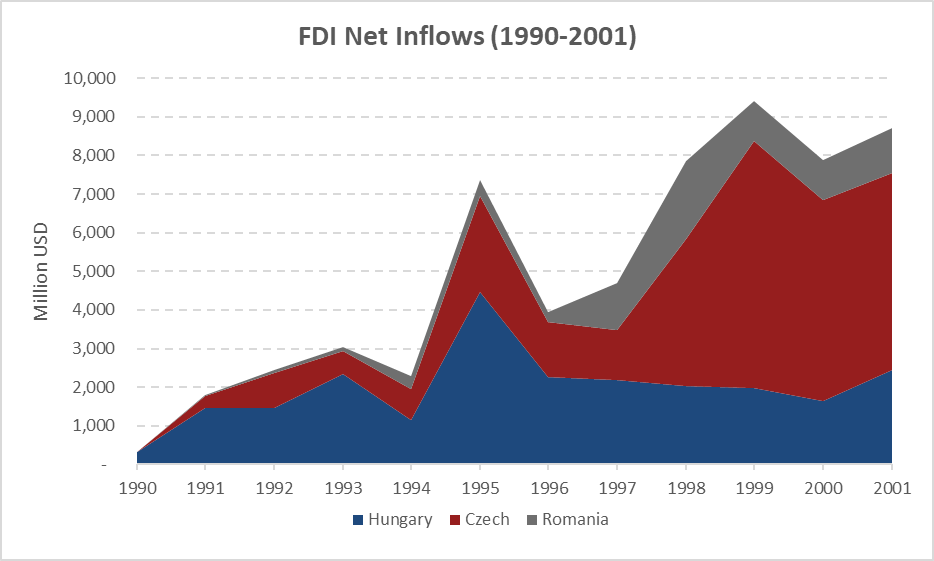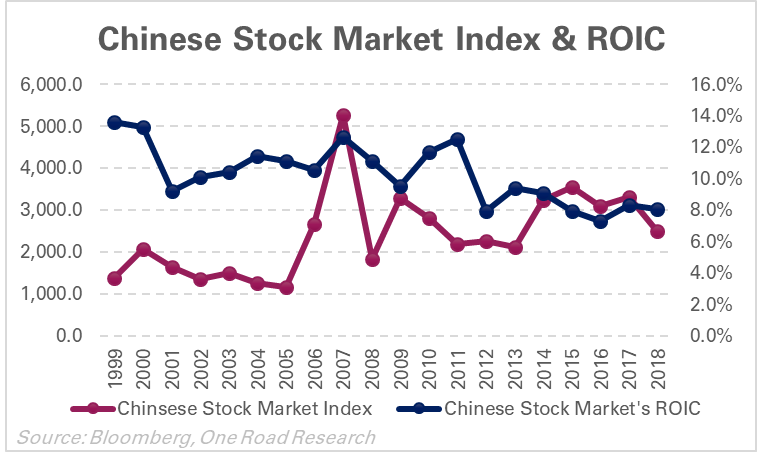Beijing started this trade conflict — Trump intends to finish it
By Dan DiMicco, opinion contributor — 06/09/19 01:00 PM EDT
© Getty Images
There’s an important point to remember in the current U.S.-China trade conflict: Beijing started it. For the past 20 years, China has been at war with the U.S. economy, using massive subsidies, currency manipulation and intellectual property theft to continually erode America’s manufacturing base.
It’s a strategy that has worked phenomenally well. Over the past two decades, the United States has lost 5 million manufacturing jobs and nearly 90,000 factories.
After years of this economic aggression, the Trump administration is now saying, “Enough is enough.” But when the president recently imposed 25-percent tariffs on roughly half of Chinese imports, Wall Street cried foul.
However, it was an absolutely unquestioning adherence to free trade that opened the door for China in the first place. And globalists have never complained when Beijing continually ignores its World Trade Organization (WTO) commitments to open, reciprocal trade.
So, what of the tariffs that the president is now imposing? To listen to cable news commentators, one would think the sky is falling. The president’s critics continually tout dire economic warnings — even though all evidence shows the tariffs applied in 2018 on steel, aluminum and other goods have boosted U.S. manufacturing and created domestic jobs.
A widely circulated paper by Trade Partnership Worldwide warned that steel and aluminum tariffs would cost as many as 470,000 U.S. jobs. Instead, U.S. manufacturing employment has increased since then and now exceeds 12.8 million jobs — the highest level since the Great Recession.
In the immediate wake of the tariffs, third-quarter GDP grew at an impressive 3.5 percent in 2018. Inflation remains low, too, demonstrating that consumers aren’t seeing predicted price increases.
It’s doubtful that President Trump undertook the new tariffs lightly. In fact, he delayed them in January — to give Beijing more time to negotiate in good faith. But after many months of talks and the formulation of a 150-page draft agreement, Beijing did an about-face.
China’s leaders simply reneged on an initial commitment to start opening their markets and to halt such aggressive practices as IP theft, hacking and forced technology transfer.
That’s what finally forced President Trump’s hand. He is continuing tariffs on $50 billion worth of Chinese imports while also raising tariffs to 25 percent on another $200 billion worth of goods. Half of China’s imports to the U.S. are now covered by the tariffs.
This is strong medicine. But it’s necessary in the face of Beijing’s intransigence and the ongoing erosion of key national industries. The United States must begin to decouple from China. And as the 2018 tariffs have demonstrated, the benefits outweigh the costs.
The Coalition for a Prosperous America (CPA) recently conducted research that examined the possibility of a 25-percent across-the-board tariff on all Chinese imports. That’s more than just the half of all imports currently facing tariffs.
They found that such a move would add more than 700,000 U.S. jobs over five years, with GDP increasing by an additional $125 billion. And much of that growth would come in the manufacturing sector — including almost 200,000 new factory jobs.
Under such conditions, portions of U.S. production would finally return from China. And segments of China’s industrial capacity would also shift to lower-cost third countries — helping to reduce prices for U.S. consumers.
Overall, an across-the-board tariff could mean as much as $69 billion worth of production returning to the United States each year by 2024.
There’s a growing conviction that economic integration with China was a mistake. Our nation’s leaders assumed that the United States would gain access to China’s vast population, and U.S. companies would export more goods to China’s consumers. They believed that Beijing would become more open and democratic. But none of that happened.
Instead, China has used predatory trade to capture the U.S. market and fund its military and economic rise. And it has become a more authoritarian surveillance state, with President Xi now spreading China’s model regionally and globally.
President Trump’s move to decouple from China is a necessary step to insulate the United States from further economic aggression. And it’s a needed effort, if the U.S. is to integrate with more friendly countries while creating good-paying jobs and prosperity at home.
Dan DiMicco is the former CEO and chairman of Nucor steel company. He served as a trade adviser to Donald Trump during the 2016 presidential campaign and is currently chairman of the Coalition for a Prosperous America (CPA).
https://thehill.com/opinion/finance/...must-finish-it





 Reply With Quote
Reply With Quote





